Alan Titchmarsh: Finally, a chance to nurture and grow some rhododendrons
Alan Titchmarsh had resigned himself to a life without rhododendrons – but now that's all about to change, courtesy of his daughter.
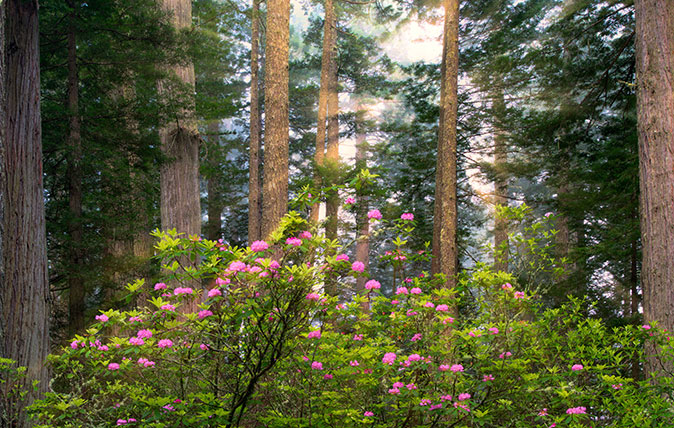

As a gardener, I cannot help but feel excited at the prospect of spring; a book I was given as a teenager proclaims in its rather simplistic and optimistic title: Every Spring is a New Beginning.
It’s as if every March I am offered a chance to wipe the slate clean, to do better, to grow things more skilfully and to try plants that have hitherto escaped my clutches. This year offers a particularly exciting prospect.
For the past 37 years, I have gardened on Hampshire chalk – first in my previous garden, which was the setting for seven years of Gardeners’ World television programmes set at the fictional name of ‘Barleywood’, and for the past 15 years at our current garden just a couple of miles down the road from there.
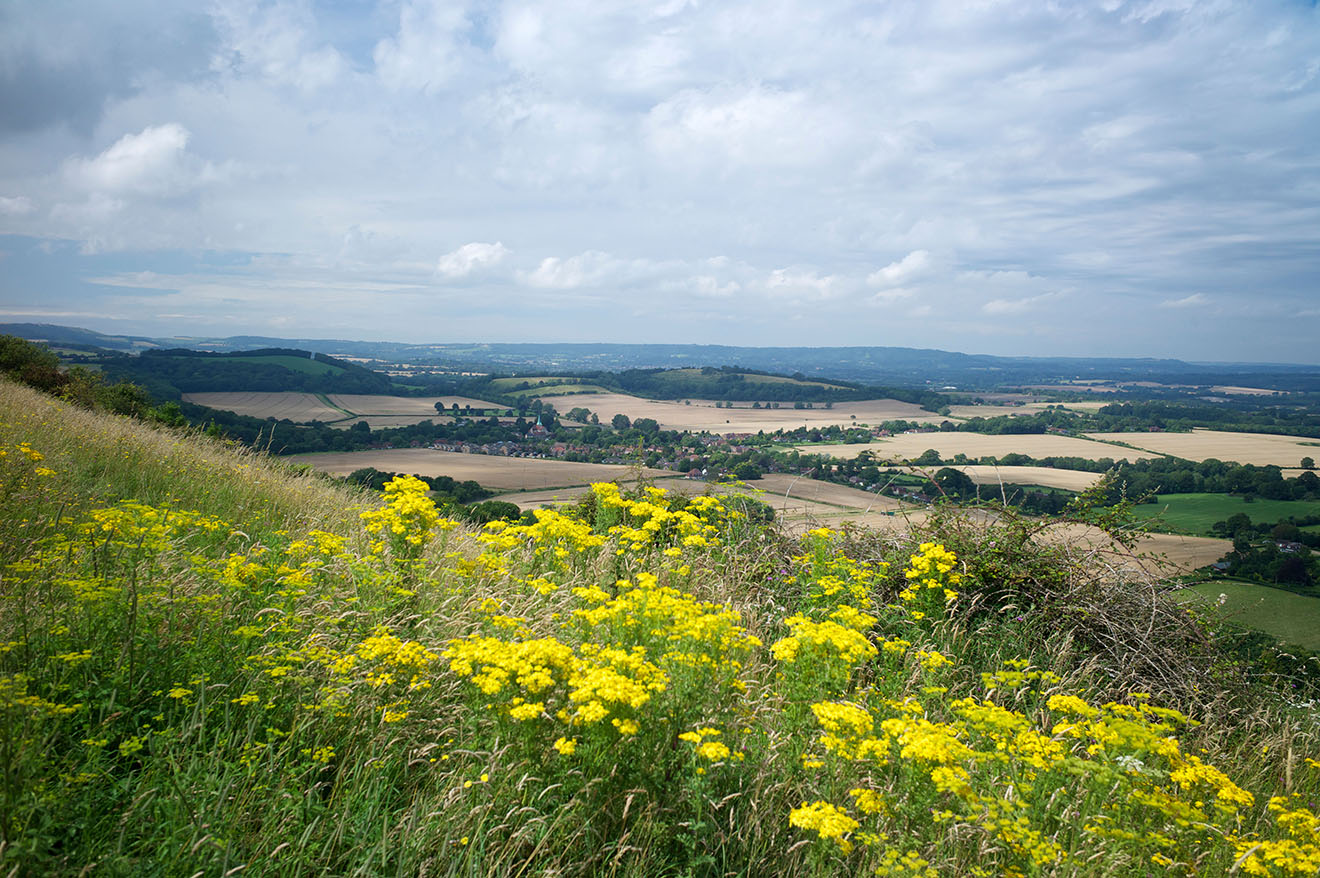
The setting is wonderful – four acres at the foot of the rolling Hampshire Downs surrounding a mellow brick Georgian farmhouse that was known to Jane Austen, who lived just a couple of miles away.
The house was owned, but not lived in, by Sir Thomas Miller, of whom Jane wrote to her sister Cassandra: ‘Sir Thomas Miller is dead. I seem to be bringing you news of a dead baronet with every letter.’ A poignant association, perhaps, but an association nevertheless.
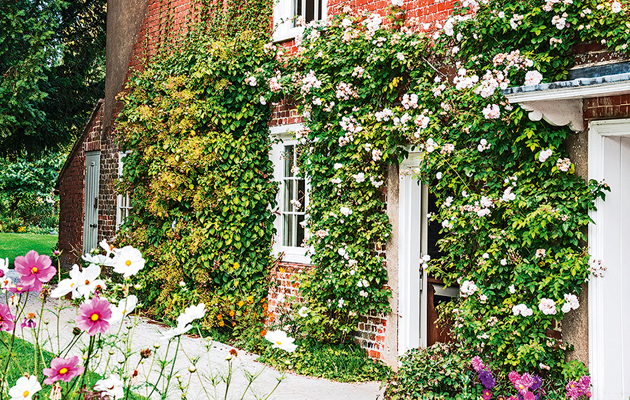
The soil here, although still overlying chalk and laced with a fair amount of flint (Hampshire diamonds, the locals call them), is not nearly so intractable as that at Barleywood, which had a clay cap and enough flint to build a walled garden – assuming I had the muscle power needed to prise them from the grip of the slippery clay. The garden was also on a steep, north-west-facing slope.
The garden around the old farmhouse in which we now live benefits from being on a far gentler slope and has enjoyed about a thousand years of farmyard manure. We know every owner and lessee back to Wulfward the White and, in those days, there was no shortage of farmyard manure.
Exquisite houses, the beauty of Nature, and how to get the most from your life, straight to your inbox.
“The difference between farmers and gardeners is that gardeners always think that this year will be better than the last and farmers always know it will be worse. I have more sympathy than I can express for our farmers, but I am a gardener; this year will be better than the last. I just know it.”
I have become used to a life without rhododendrons, camellias, pieris and azaleas. I tell myself that I am happy with clematis, irises and a large palette of plants that do not mind the chalk one bit, provided I give them a good start with lashings of compost and manure, every bit as generously as Wulfward’s serfs must have done.
Next month, however, my elder daughter and her family move into a house just seven miles away, in Surrey. They will be living on ground known delight-fully as Upper Greensand. It is not chalky, but acidic. Within the four acres of garden are two acres of rhododendron woodland. Be still, my beating heart!
This is not woodland overrun by that ubiquitous and pernicious weed Rhododendron ponticum, but a patch of ground planted, perhaps a century ago, with rhododendron hybrids, through which curve pine-needle-cushioned paths.
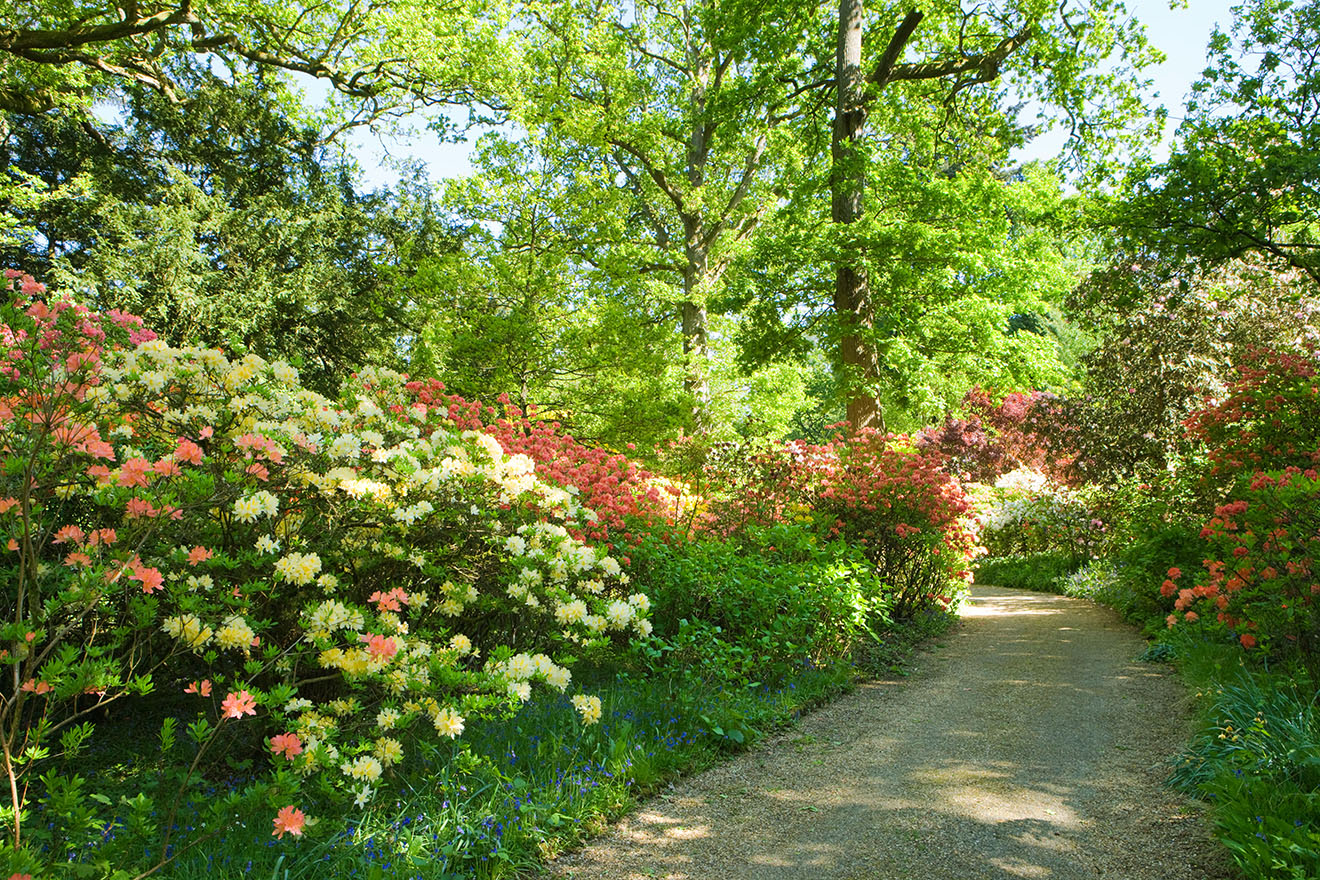
Some of them are about 30ft tall, arising from a python-like array of serpentine stems at ground level, towering upwards into domes of evergreen foliage. I have watched their fat flower buds sitting among the rosettes of leaves for the past six months.
To coincide with my daughter’s family move in April, they will burst into bloom to create a vision of loveliness that excites me beyond belief. Not one of them is labelled, but I have a promise from one of the country’s leading rhododendron experts (who happens to live only a mile away) to walk the woods with me and identify as many as he can.
I have my stock of labels and an indelible pen. I have a plan of the paths and the individual plants. Soon I will be able to call them by name and to add to their number in a few vacant patches of leafy, acidic earth beneath the pine trees that tower above.
It is said that the difference between farmers and gardeners is that gardeners always think that this year will be better than the last and farmers always know it will be worse. I have more sympathy than I can express for our farmers, but I am a gardener; this year will be better than the last. I just know it.
My Secret Garden by Alan Titchmarsh is out now.
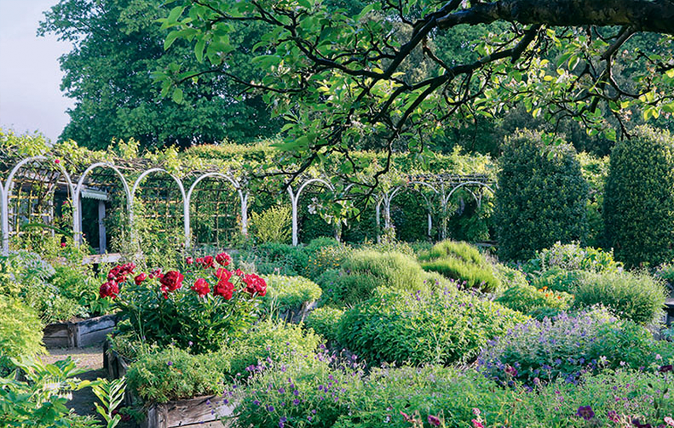
Alan Titchmarsh: The poetic pleasure of plant names
Our gardening expert on the days spent learning the names of some of the most obscure plants in Britain.
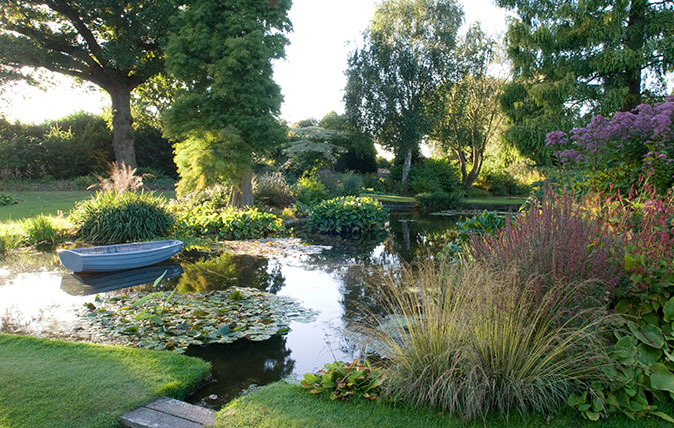
Alan Titchmarsh: How to keep a perfect pond
Alan Titchmarsh says that now is the time to clear out the weeds and keep your pond in top condition
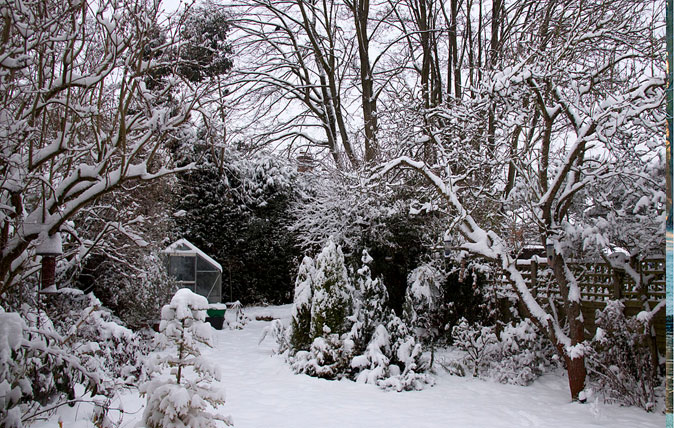
Credit: Tony Hisgett
Alan Titchmarsh: Don’t stop gardening in winter – start dreaming
Alan Titchmarsh takes a look at the joys and pains of gardening in the winter
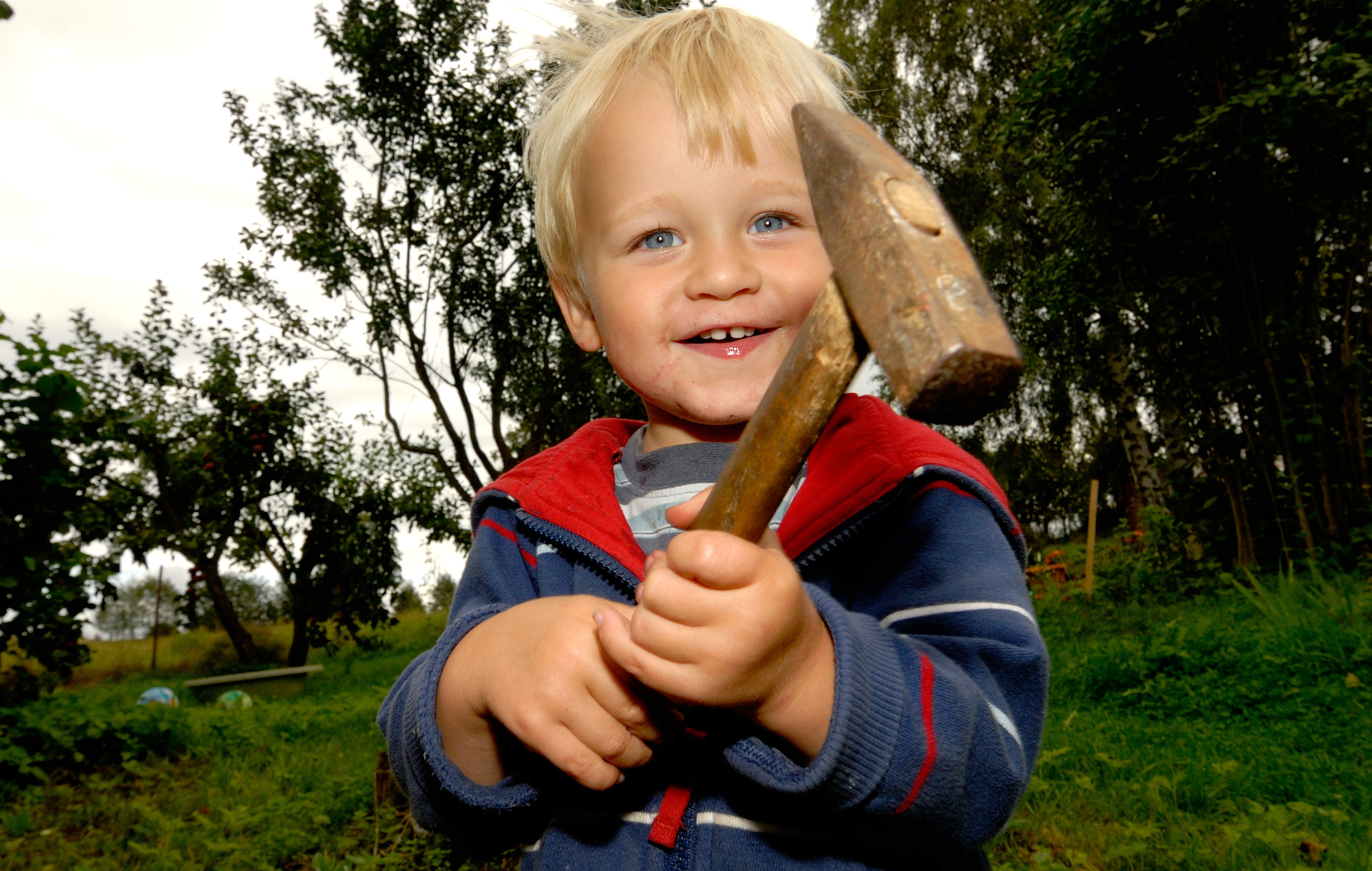
The worst garden pests of all? The ones you invite in with open arms
A couple of weeks ago, Alan Titchmarsh wrote a lovely piece for Country Life about how to get children and
Alan Titchmarsh is a gardener, writer, novelist and broadcaster.
